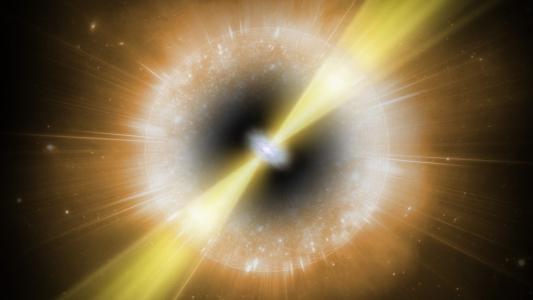NASA has announced plans to extend astronaut Mark Vande Hei’s mission aboard the International Space Station (ISS) by about six months — meaning when he returns to Earth in March 2022, he’ll have set a new NASA record for longest time in space.
The challenge: Even within the relative safety of the ISS, space is a dangerous place for astronauts.
Microgravity can cause them to lose muscle mass and develop vision problems, and because Earth’s magnetic field can’t protect them from space radiation, they’re at increased risk of developing cancer.
The extension could help NASA understand the effects of longer space missions on human health.
Why it matters: While we know about these dangers, we don’t know what impact they may have on astronauts who spend long periods of time in space — most ISS astronauts return to Earth after just five or six months.
It’ll likely take seven months for astronauts to even reach Mars, though, meaning even if they turned right back around after arriving at the Red Planet, they’d still be in space for more than a year.
Extended stay: In 2016, astronaut Scott Kelly set a new NASA record for longest time in space, spending 340 consecutive days aboard the ISS so that NASA could study his health and compare it to that of his Earth-bound twin brother (retired NASA astronaut Mark Kelly).
Now, Vande Hei is poised to break Kelly’s record for longest time in space by a NASA astronaut, spending about 353 days aboard the ISS. The agency is hopeful this extension will help it understand the effects of longer space missions on human health.
Getting bumped: When Vande Hei arrived at the ISS on April 9, he didn’t know he’d be setting a new NASA record for the longest time in space.
The official plan was for him to return to Earth in October, but members of a Russian film crew recording a movie aboard the space station will now be taking the seats originally reserved for him and cosmonaut Pyotr Dubrov.
Still, Vande Hei tweeted that he knew the extension was a possibility “from the beginning” and has no qualms about spending the extra time off-world.
“The opportunity to experience this with wonderful crewmates while contributing to science and future exploration is exciting!” he added.
We’d love to hear from you! If you have a comment about this article or if you have a tip for a future Freethink story, please email us at tips@freethink.com.
